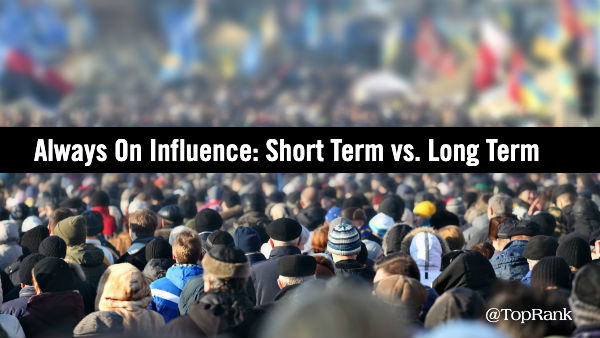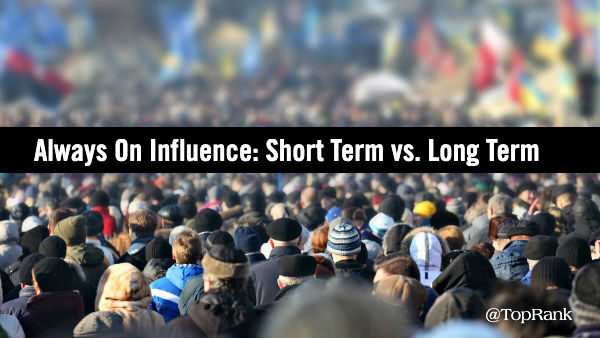
The focus of Always On Influence for B2B brands is to establish and maintain relationships with business influencers through content co-creation, engagement and various types of activations that create and reinforce brand thought leadership.
In fact, those strong relationships with industry experts create value for driving marketing performance across the entire customer lifecycle from awareness, to purchase to advocacy. There are many of examples of B2B brands implementing ongoing influencer programs and having impact.
When the COVID-19 pandemic came along, many B2B marketers took a moment to evaluate whether their marketing programs were a fit, taking care not to sound tone deaf or too opportunistic. With the current movement about racial justice and equality, even more considerations are at hand with all social channels rich with messages about social change and little with commercial intent.
Further, brands are figuring out how they will communicate (or not) their support or position on current events.
In the current social media environment, where do social media influencers play a role for B2B brands?
Many companies that view influencer marketing primarily as a form of advertising or solely as a way to generate leads, have put their programs on pause as they did with PPC, display, social ads and other forms of advertising.
Other B2B companies have pivoted their marketing and realigned where credible experts could play a role in helping the brand authentically communicate key narratives whether they be best practices for working at home or collaborating on ways the brand can support equality.
Effective B2B influence activation is about connecting the right influencer with the right content and audience whether times are bullish or uncertain.
In the current environment, a B2B brand with strong connections to influencers with a known voice for equality have an opportunity to co-create content for customers in search of answers. Of course, companies looking at their influencers and not finding many or any people of color should seriously think about diversity and their influencer program.
When B2B brands look only at the short term with influencer marketing, they’re not always practicing the best of the discipline which is Always On and focused on strengthening the brand and influencer relationship as well as the quality, reach and business outcomes of their marketing. Another key part of Always On influencer programs is the continued effort to identify, qualify and engage new influencers.
A long term, relationship focused and results driven influencer program is a tremendous asset to a B2B brand that wants to be trusted, capable of exerting influence in the market and seen as a thought leader.
Of course some companies haven’t evolved in their sophistication about influencer engagement and have no choice but to pause their influencer marketing efforts because they’d come across as too focused on lead gen and sales, which isn’t a good look during a pandemic or a global social movement.
B2B marketers that understand both the value of content collaboration and audience activation as well as how relationships with industry experts can drive thought leadership, accelerate key message distribution and credibility during challenging times, adjust their influencer programs accordingly. This is the benefit of long term vs. short term thinking when it comes to B2B influencer marketing.
I think it’s useful for marketing leaders to remember that the premise behind influencer marketing in B2B is that influencers add authenticity, credibility, trust, reach and engagement to brand content. When is it more important for a brand to have greater authenticity, credibility, trust, reach and engagement than during a crisis? Activating the right influencers in the right way can accomplish exactly that.
These are unique times with unique opportunities. Pausing marketing to evaluate the situation and pivot to be more meaningful, trusted and effective for what customers actually care about makes sense. Dismissing marketing altogether as a cost center to be cut is not only short term thinking, but it damages the very mechanism B2B brands need to sustain and succeed during challenging times.



